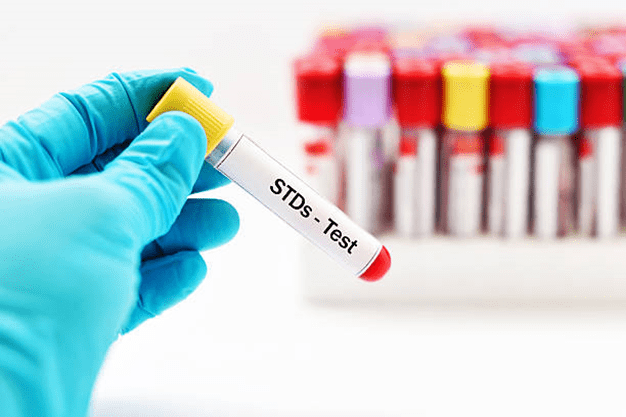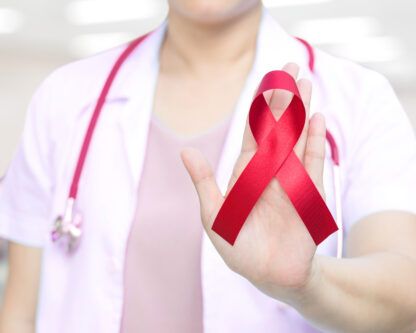STDs are diseases transmitted from one person to another by vaginal, anal, or oral intercourse. They’re quite prevalent, and many individuals with them have no symptoms. STDs may cause major health concerns if left untreated. However, being tested isn’t a huge issue, and most STDs are simple to cure. Although most STDs affect both men and women, the health issues they cause are much more severe in women. If a pregnant mother has an STD, the baby may have major health complications. There are many STDs, but the common STDs are genital herpes, gonorrhea, HIV/AIDS, syphilis, and chlamydia.
Sexual intercourse has been linked to the transmission of more than 30 germs, viruses, and parasites. The most common sexually transmitted illness is caused by eight of these infections. Syphilis, gonorrhea, chlamydia, and trichomoniasis are the only four that are now treatable. Hepatitis B, herpes simplex virus (HSV or herpes), HIV, and human papillomavirus are four incurable viral illnesses (HPV).


STDs caused by bacteria or parasites may be treated with antibiotics. Although there is no treatment for STDs caused by viruses, medications may frequently assist with symptoms and reduce the risk of infection. The danger of contracting or transmitting STDs is reduced but not fully eliminated when latex condoms are used correctly. Polyurethane condoms may be used if you or your spouse are allergic to latex. Not having anal, vaginal, or oral intercourse is the surest strategy to prevent infection. HPV and hepatitis B may both be prevented with vaccinations.
Many STDs can be treated, but not all can be cured. Some may be fatal, while others have less severe consequences. On the other hand, an STI is the root of them. So being routinely checked and practising safer sex is the greatest way to avoid them. Also, if you test positive for any STI, get treatment right once.
If you’re sexually active, speak to your doctor about your risk for STDs and whether you need to get tested. This is particularly essential since many STDs are asymptomatic. Some STDs may be detected through a physical checkup or examining a sore or fluid swabbed from the vaginal, penis, or anus under a microscope. Other forms of STDs may be detected by blood testing. A blood testing opportunity is available at S.M. HADI GPDC.
| Cookie | Duration | Description |
|---|---|---|
| cookielawinfo-checkbox-analytics | 11 months | This cookie is set by GDPR Cookie Consent plugin. The cookie is used to store the user consent for the cookies in the category "Analytics". |
| cookielawinfo-checkbox-functional | 11 months | The cookie is set by GDPR cookie consent to record the user consent for the cookies in the category "Functional". |
| cookielawinfo-checkbox-necessary | 11 months | This cookie is set by GDPR Cookie Consent plugin. The cookies is used to store the user consent for the cookies in the category "Necessary". |
| cookielawinfo-checkbox-others | 11 months | This cookie is set by GDPR Cookie Consent plugin. The cookie is used to store the user consent for the cookies in the category "Other. |
| cookielawinfo-checkbox-performance | 11 months | This cookie is set by GDPR Cookie Consent plugin. The cookie is used to store the user consent for the cookies in the category "Performance". |
| viewed_cookie_policy | 11 months | The cookie is set by the GDPR Cookie Consent plugin and is used to store whether or not user has consented to the use of cookies. It does not store any personal data. |